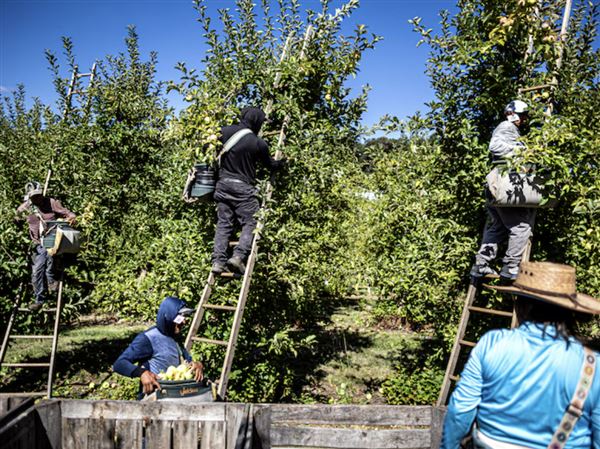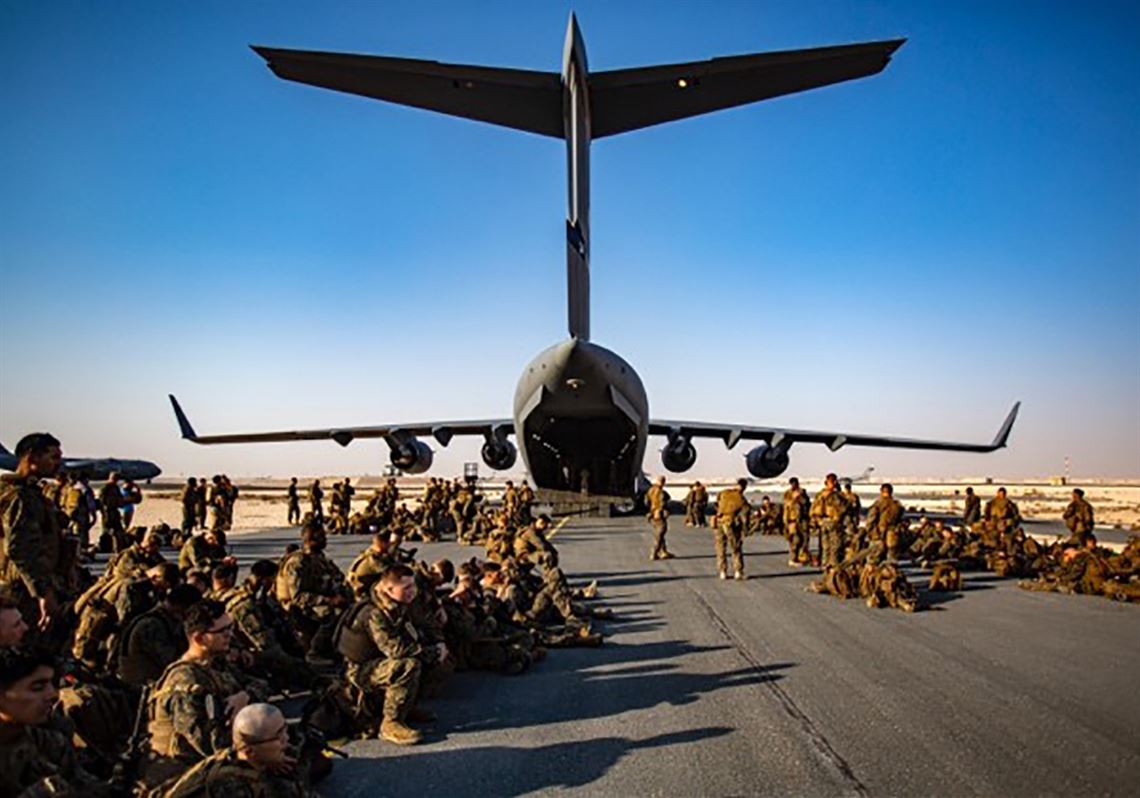As cities in Afghanistan fell to the Taliban like so many dominoes, many military veterans who served in that war-torn country called up their compatriots. They were looking for help in processing their evolving feelings about their mission.
On social media, many veterans of the conflict described their state of mind as various shades of complicated.
Some expressed fury at the rout of the corrupt, weak, U.S.-backed Afghan government, wondering why their friends were among the 2,000 members of the U.S. military who died in that country as part of an attempt to build a Western-style democracy there. Many parents of fallen servicemen and women felt the same way.
There was no shortage of instant analyses of the stunning pictures of chaos. In The Washington Post, writer Gillian Brockell evoked the fall of Saigon in 1975. “History is repeating itself,” she wrote. And she hardly was alone in the expression of that sentiment.
President Joe Biden justified his decision to pull forces out of the country by blaming the failure of the Afghan military.
Some historians and political analysts saw the cataclysmic weekend as evidence of the folly of nation-building in areas long misunderstood by the U.S. and its allies and the rise of the Taliban as both relentless and inevitable.
Others argued that the human price likely to be paid now by the Afghan people, especially women and girls, especially those who had aided the U.S. and its allies in the conflict with the demonstrably brutal Taliban, was far too great to justify so brutally and rapidly calamitous an abandonment.
Biden and his sympathizers blamed prior presidents from Donald Trump to Barack Obama to George W. Bush. Biden’s opponents argued that history will judge this past weekend as a signature failure of his young administration with severe implications for what will be possible in the future.
All of that is grist for the mill of argument, analysis, recrimination and learning.
But the first thoughts of this page are with those who gave their time, their energy, their hearts and in some cases their lives for the multiyear U.S. mission in Afghanistan.
Military service is demanding even when the outcome is victorious. But when the mission ends in a finger-pointing muddle, veterans looking back on sacrifices in a theater of engagement are understandably filled with complicated memories.
America has overcome the demonization of those who served in Vietnam; that is one of this nation’s signature nonpartisan accomplishments of the last decades. But, especially given the images of evacuation by helicopter, the comparison of the impact on those who served in the two missions is inevitable.
Nonetheless, service means serving your nation at the time of its asking to the best of your ability. Nobody can read the future and Monday morning quarterbacks don’t win great victories for democracy and freedom.
Those in uniform are trained to obey their commanders and the elected politicians whose job it is to define America’s role in the world to the best of their ability in that moment.
Sometimes history vindicates their decision-making. Sometimes it does not. Even though some have made the ultimate sacrifice. They cannot be brought back.
So the pictures from Afghanistan should remind us of just how much are veterans are owed by those of us who remained at home, safely out of this impossibly difficult mission.
It’s always a good idea to thank fellow Americans for their service. But at this moment, when so much attention is elsewhere, when so much criticism is being attached to goals they were asked to reach, it’s especially important to thank those who served in Afghanistan.
From the Chicago Tribune
First Published: August 21, 2021, 4:00 a.m.














